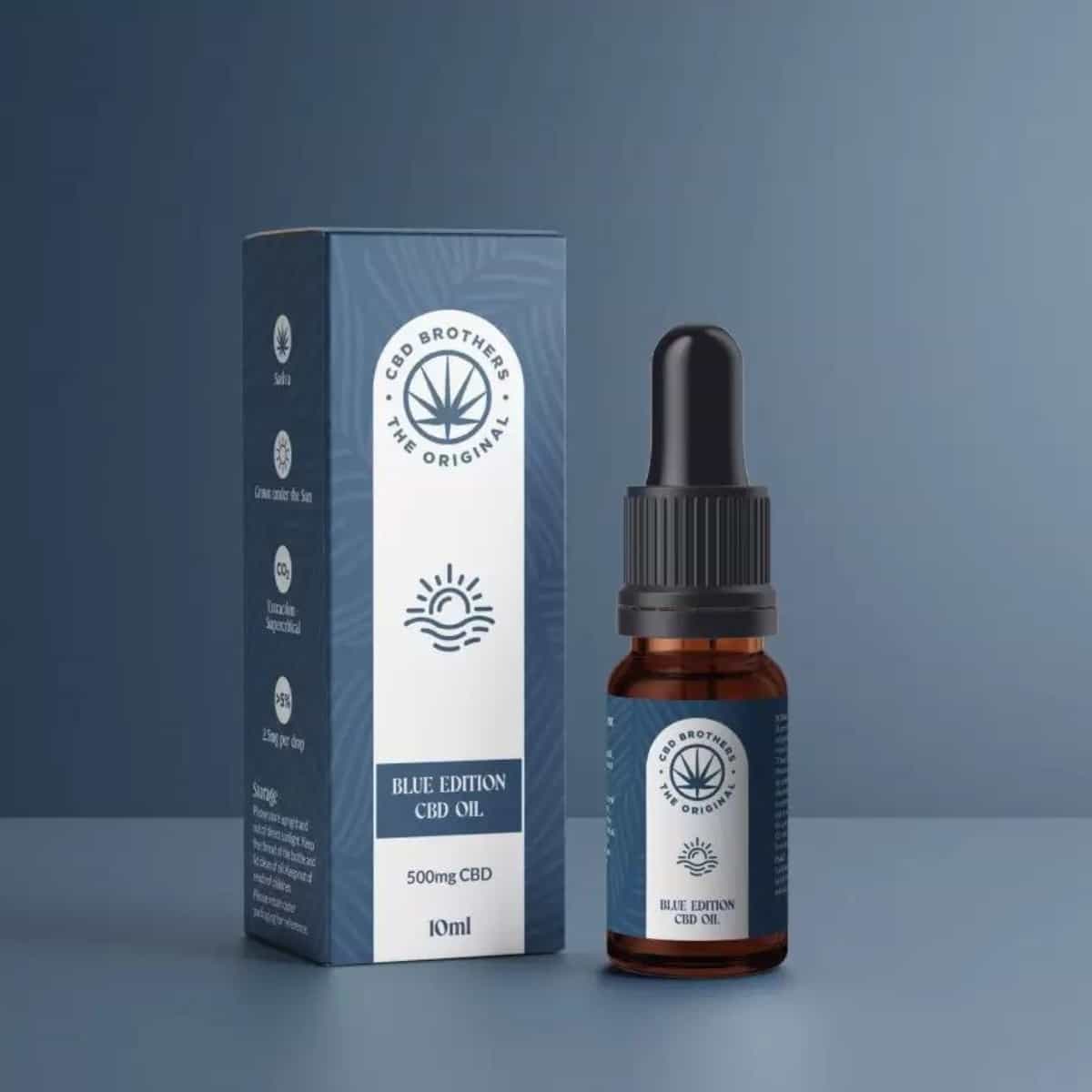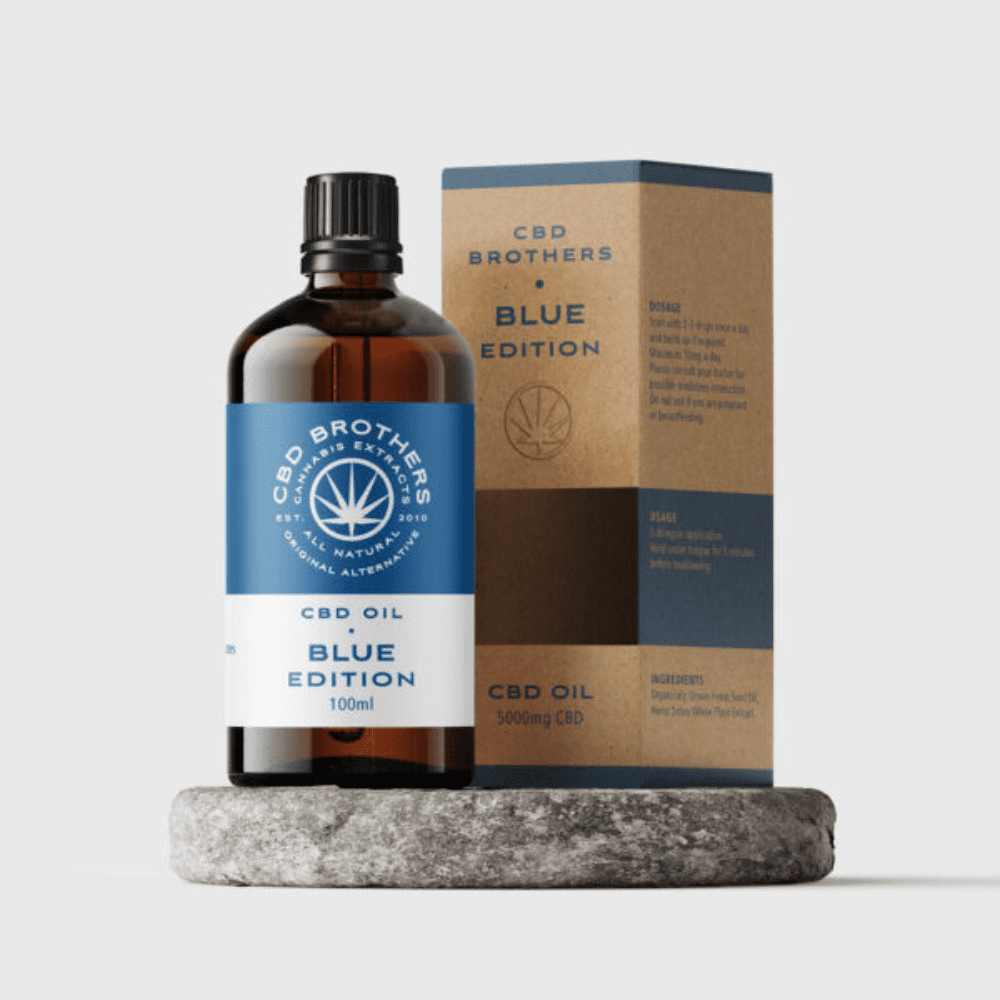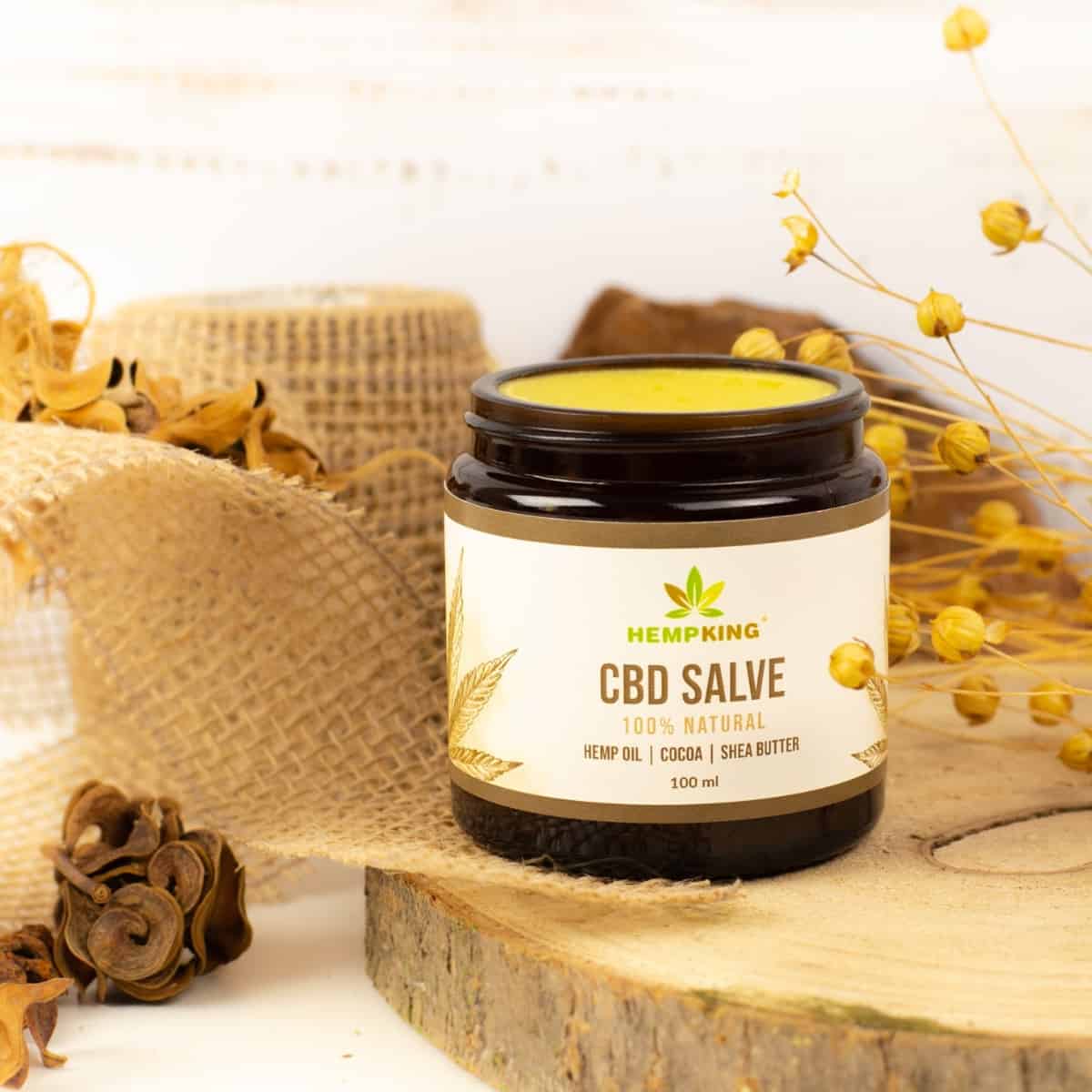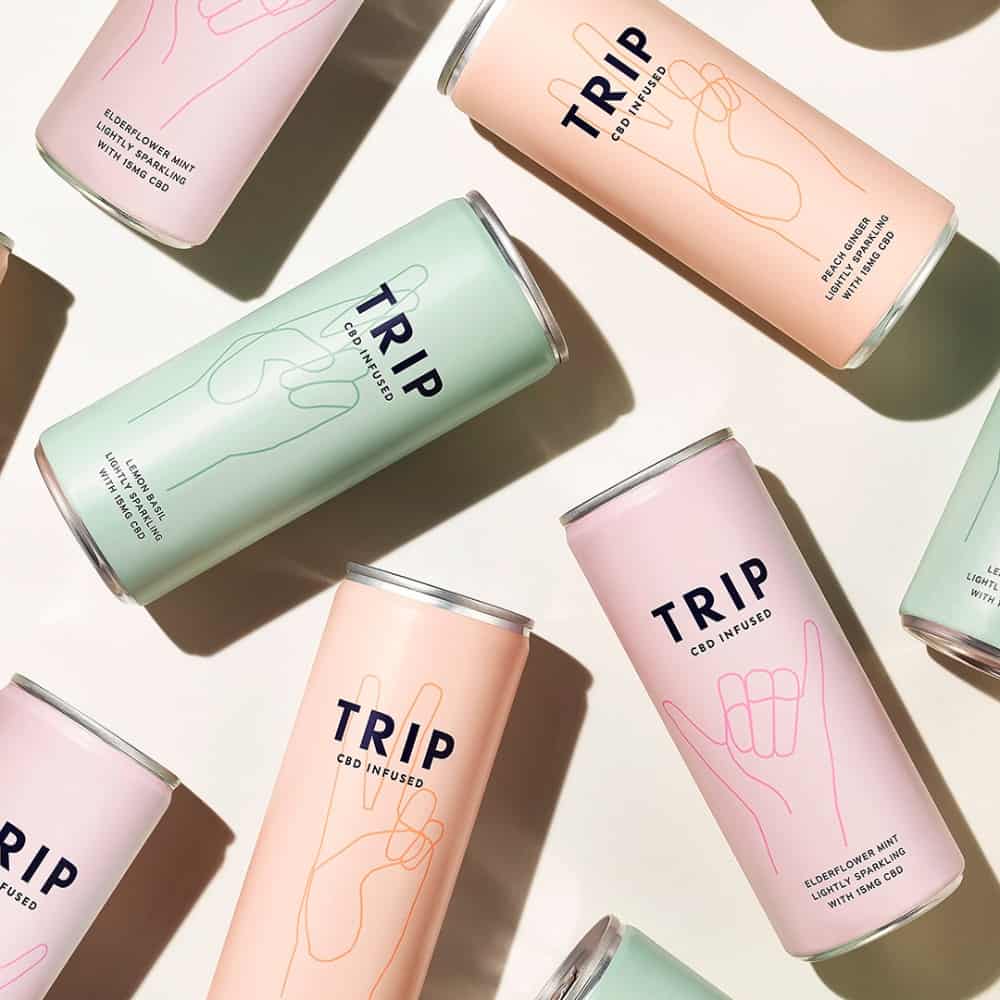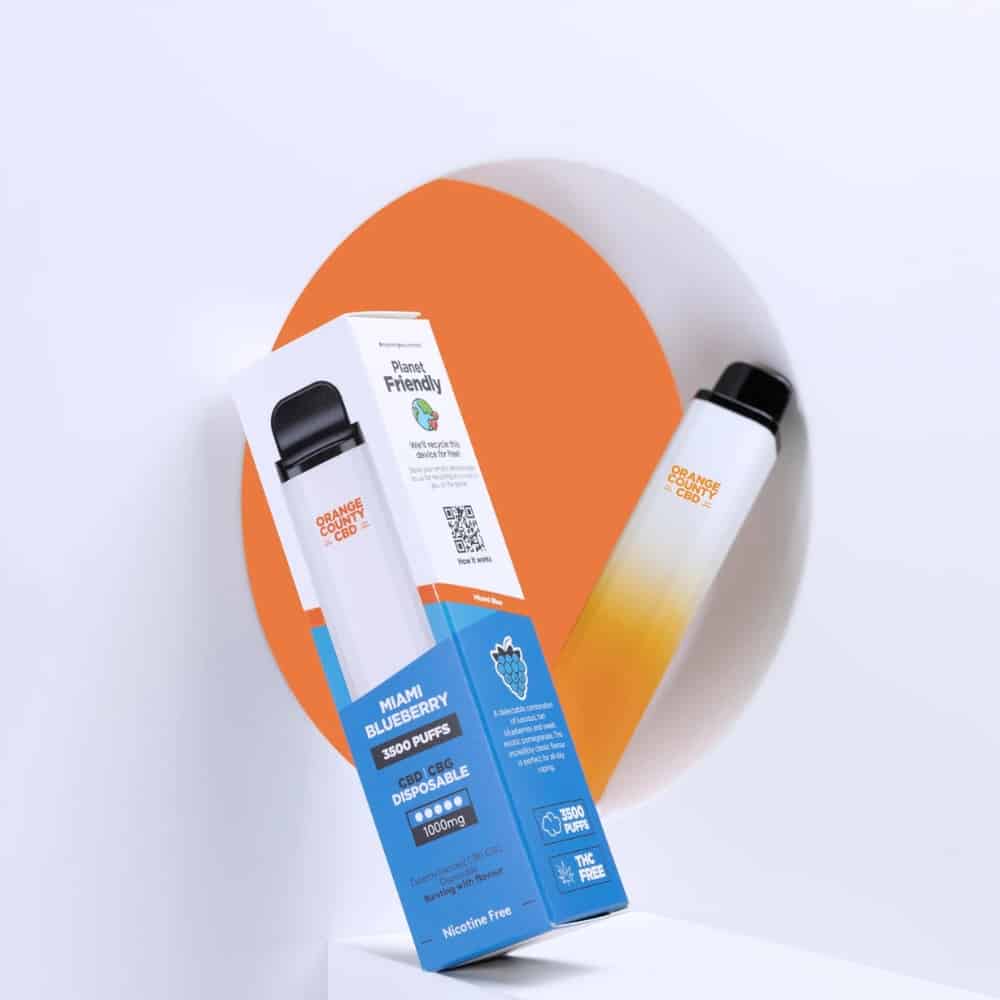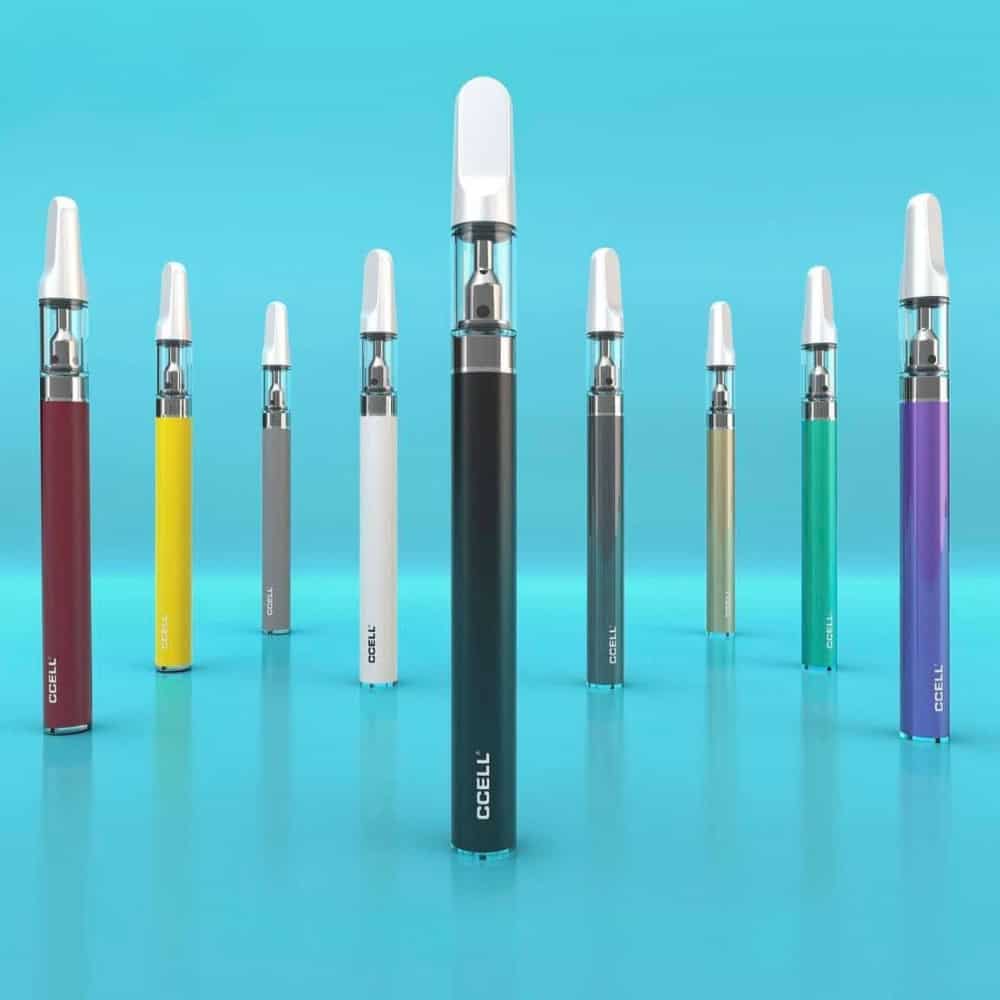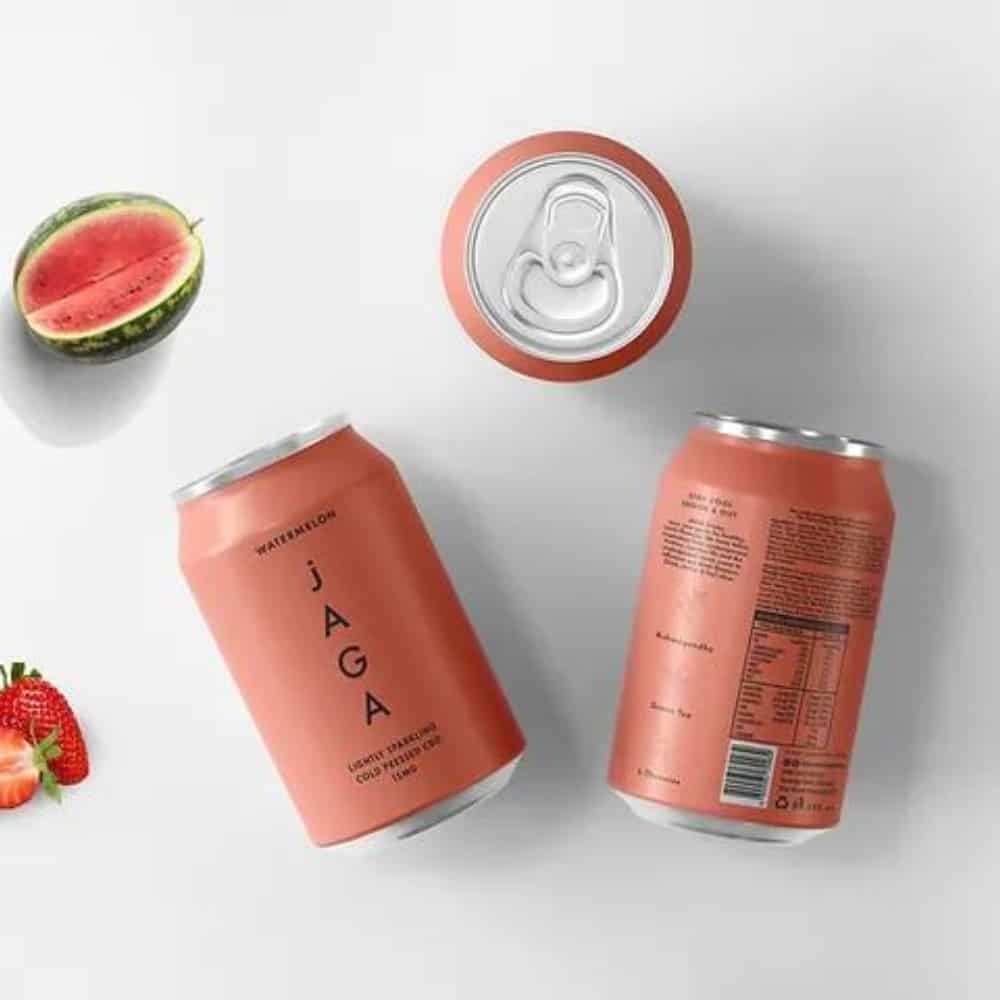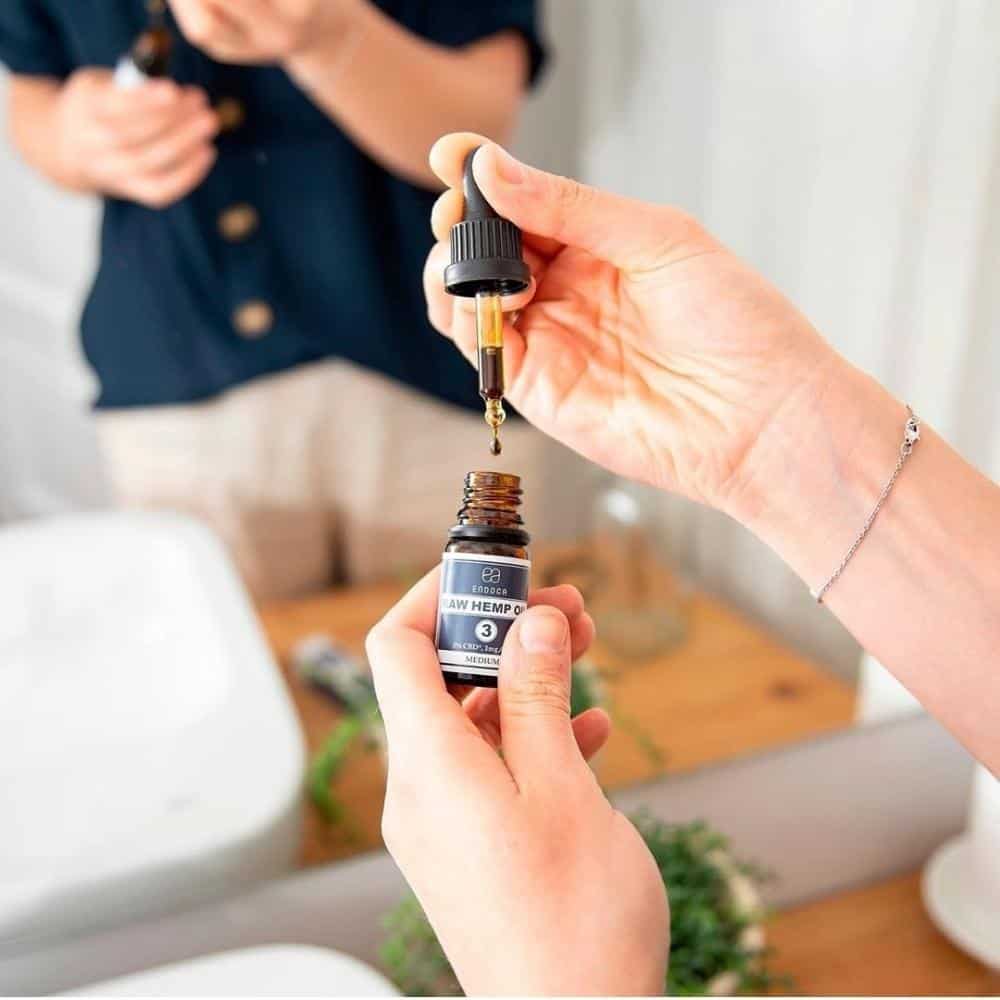If you are using CBD or medical cannabis, chances are you’ve heard of terpenes. But what are they and what do they do? And how do you use them to enhance your experience with CBD? As part of our #TerpeneTuesday promotion and series we are going to answer all your burning questions around terpenes and CBD.
Terpenes are organic hydrocarbons (hydrogen and carbon molecules) that are found in the essential oil of plants. They are pretty volatile and evaporate easily while happily introducing themselves to your nose. In other words, terpenes are responsible for the aroma of countless plant species.
The reason plants developed terpenes is for adaptive purposes such as luring pollinators or repelling predators. These pungent oils can even protect the plant from fungal growth. And they’re good for us! Moreover, as you can imagine with the pungent scent of cannabis, any given plant can contain a lot of terpenes. Great news for us CBD enthusiasts.
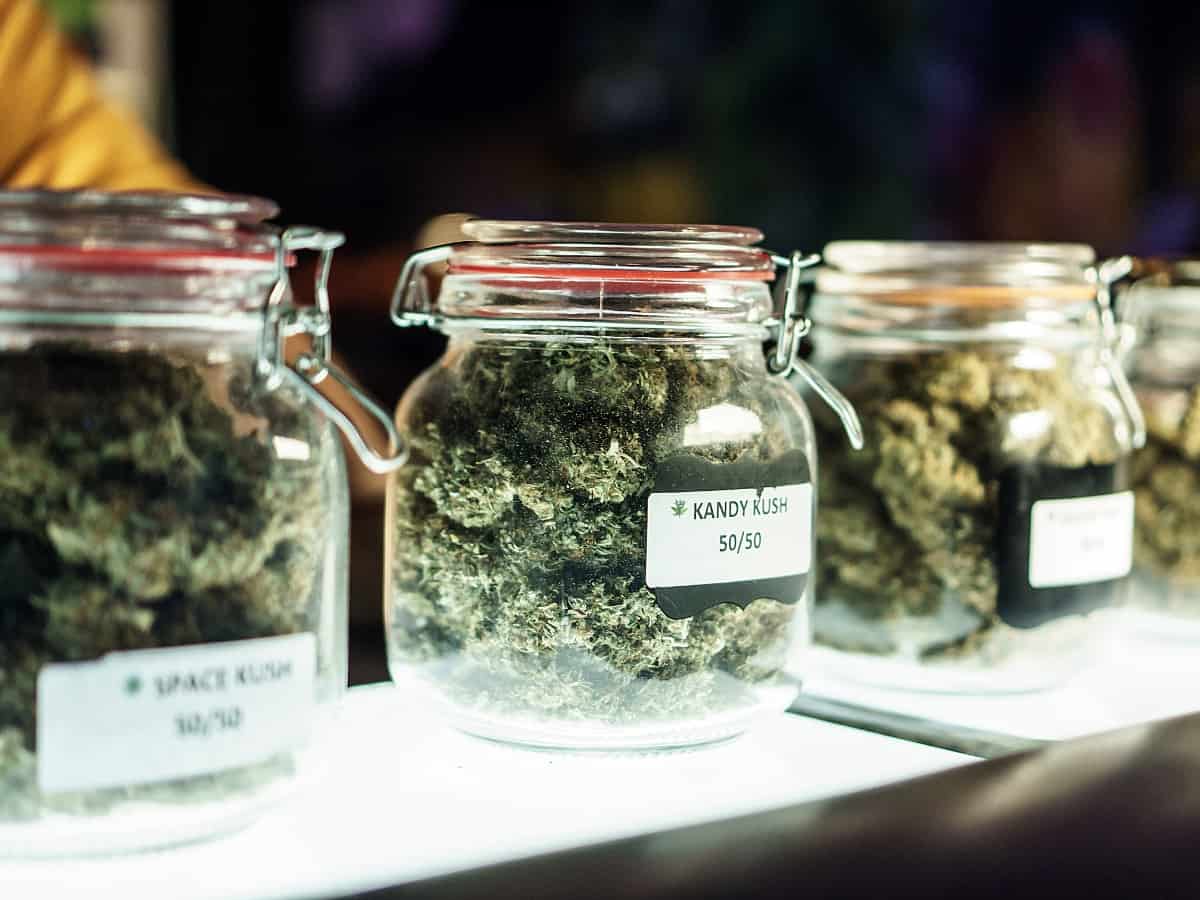
Terpenes in Hemp
Terpenes are formed in the trichomes (the crystally bits) of the plant alongside cannabinoids like CBD. As aromatic oils they are responsible for the distinctive cannabis flavours we all know and love. Flavours such as citrus, pine, berry, pepper, vanilla, diesel and more.
In the hemp plant terpenes over 200 terpenes have been identified. However they won’t all be present in one plant. On average a cannabis or hemp plant will have a terpene content of 1-3%.
Terpenes are also integral to the effects of hemp by enhancing the behaviour of cannabinoids like CBD. Typically users find terpene infused extracts such as CBD dabs or full spectrum CBD oil more effective than isolates with no terpenes.
Additionally each individual terpene has its own unique benefits that we will take a look at below. Some terpenes are reknowned for their relaxing properties whereas others help provide energy and increase focus.
Major CBD Terpenes
The hemp plant shares a number of notable terpenes with the plant world. Each of them boasts unique benefits of their own. We take a look at some of the most prominent terpenes the hemp plant shares with nature below.
Alpha-Pinene
The most common terpene in the plant world is Alpha-pinene (pine essential oil) and it too is often found in cannabis. It is said to promote alertness and is useful at calming inflammation. Other sources of pinene include citrus fruit, basil and parsley.
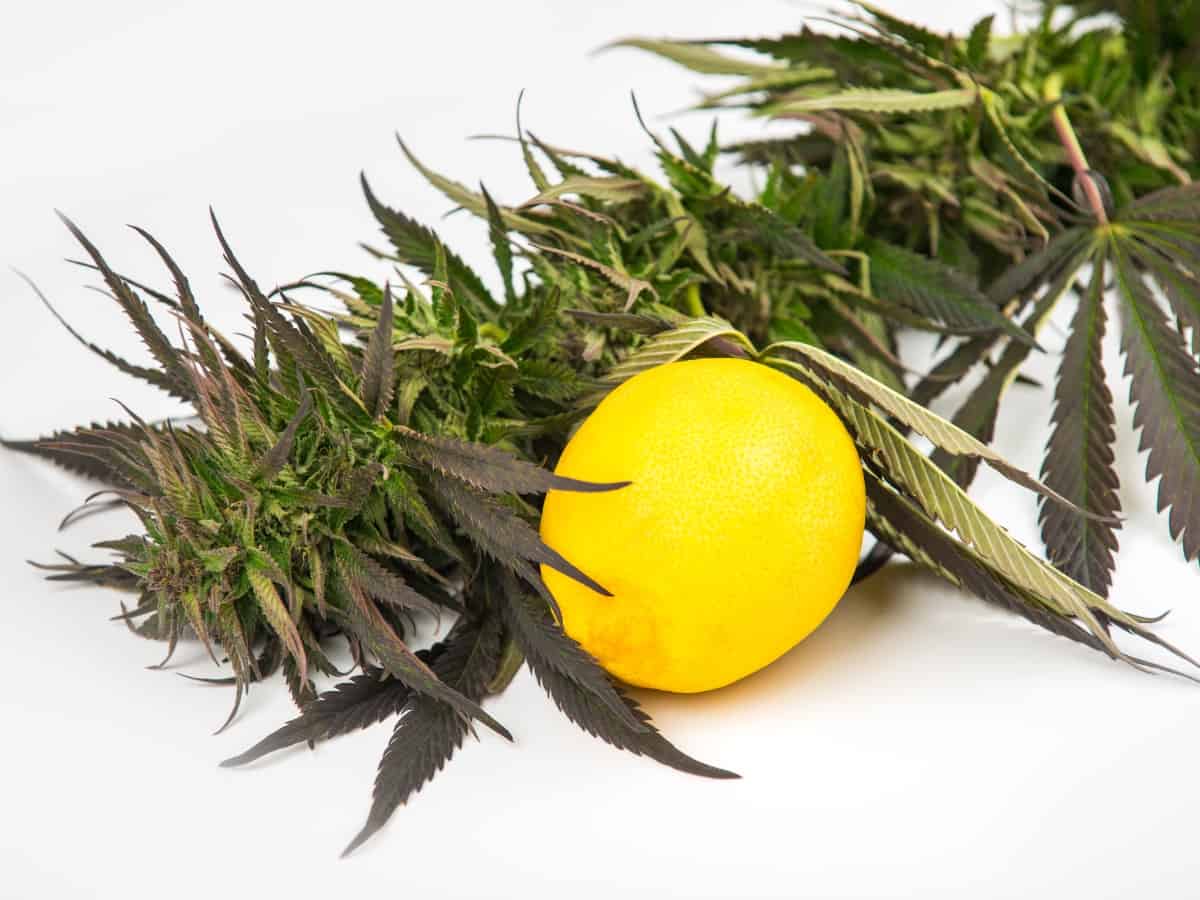
Limonene
Another notable terpene that often accompanies CBD in any hemp variety is limonene. This major terpene is found in the peels of citrus and provides a delightful citrus aromatic boost to your CBD. This mood boosting terpene also boasts antifungal properties, is an anti-inflammatory and can even boost the absorption of other terpenes.
Myrcene
Myrcene is the most common terpene found in the hemp plant. This one has a rich, herbal and earthy scent and is also found in mangoes, hops and lemongrass. Myrcene is reknowned for its relaxing effects. Ethan Russo even attributes the infamous ‘couch lock’ cannabis effect to myrcene. It too is an anti-inflammatory compound and is useful for dulling pain.
Beta-caryophyllene
β-caryophyllene is a sesquiterpene that is found in the essential oils of black pepper, rosemary, oregano, cloves, other leafy green vegetables and cannabis. It boasts a spicy, peppery scent and is unique in its ability to essentially act as another cannabinoid. Specifically it has the ability to bind to your cannabinoid receptors in your endocannabinoid system.
Linalool
Linalool is prominent in lavender and some hemp cultivars. It has a floral aroma and is said to provide a calming effect. Of course lavender is synonymous with sleep so you can expect to rest well after consuming linalool. Additionally you can apply it topically to improve skin health.
Humulene
Humulene is a close relative to β-caryophyllene with it too being a sesquiterpene. In fact many of the same plants that contain β-caryophyllene, such as cloves, sage, basil also contain humulene. The two even share a similar spicy, woody notes to smell. The hemp plant shares humulene with its long lost cousin the hops plant. It’s even responsible for the distinctive taste of hoppy beers. Like most terpenes it too is an effective anti-inflammatory and antibacterial.
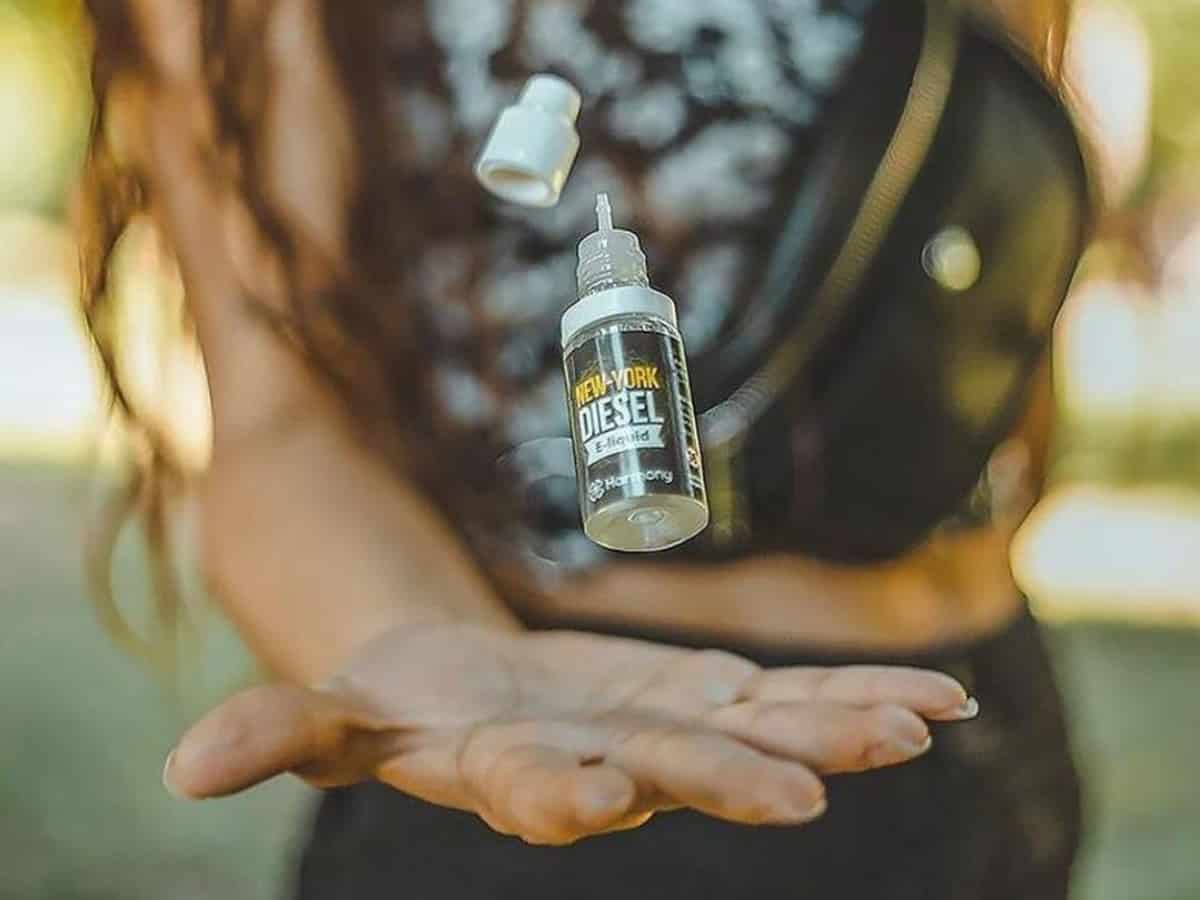
Terpenes in CBD
Any of the terpenes above can be present in a full spectrum CBD product. For example full spectrum CBD oil and CBD capsules have undergone such a gentle co2 extraction that even volatile terpene molecules make their way into your final product. Additionally whole plant extracts such as CBD paste will also contain naturally occurring terpenes from the plant.
Conversely the extraction to make CBD isolate is a little more aggressive and many of the hemp plant’s constituents will be lost in its production. Sadly it will also result in a loss of terpenes. In fact isolate won’t contain any terpenes. This is because it is a highly refined extract typically coming in at around 99%+ CBD.
Similarly distillation will also result in a loss of terpenes. In this case many manufacturers choose to add terpenes back in. The best example of this is CBD cartridges. As they are made from CBD distillate companies like The Goods, Canna Carts or HighKind have to add terpenes back to the distillate to flavour the cartridges. In this case companies have two options, both of which will taste quite different but ultimately provide the same effects.
Botanical Terpenes in CBD
Botanical terpenes are isolated terpenes that have been extracted from legal plants such as pine, lavender, citrus, etc. These terpenes are readily available thanks to the aromatherapy industry so some companies operating in the UK, where cannabis is still illegal without a prescription, opt for them. In this case multiple botanical terpenes are combined to create a similar terpene profile to your favourite cannabis cultivar.
Cannabis Derived Terpenes in CBD
Cannabis derived terpenes on the other hand, are sourced specfically from cannabis plants. As you can imagine this provides a much more authentic flavour to your favourite extracts. With that said, ultimately the effects of botanical terpenes and cannabis derived are similar.
HighKind are the masters of cannabis derived terpenes and even offer two different variations of them. They offer CBD wax with dry/cured terpenes which are derived from the plant after its been dried and cured, a process that typically takes months, or CBD cartridges with fresh/live terpenes derived from the freshly cut plant. In our experience the flavour is best in the dry cured range, just like it would be in the real thing!
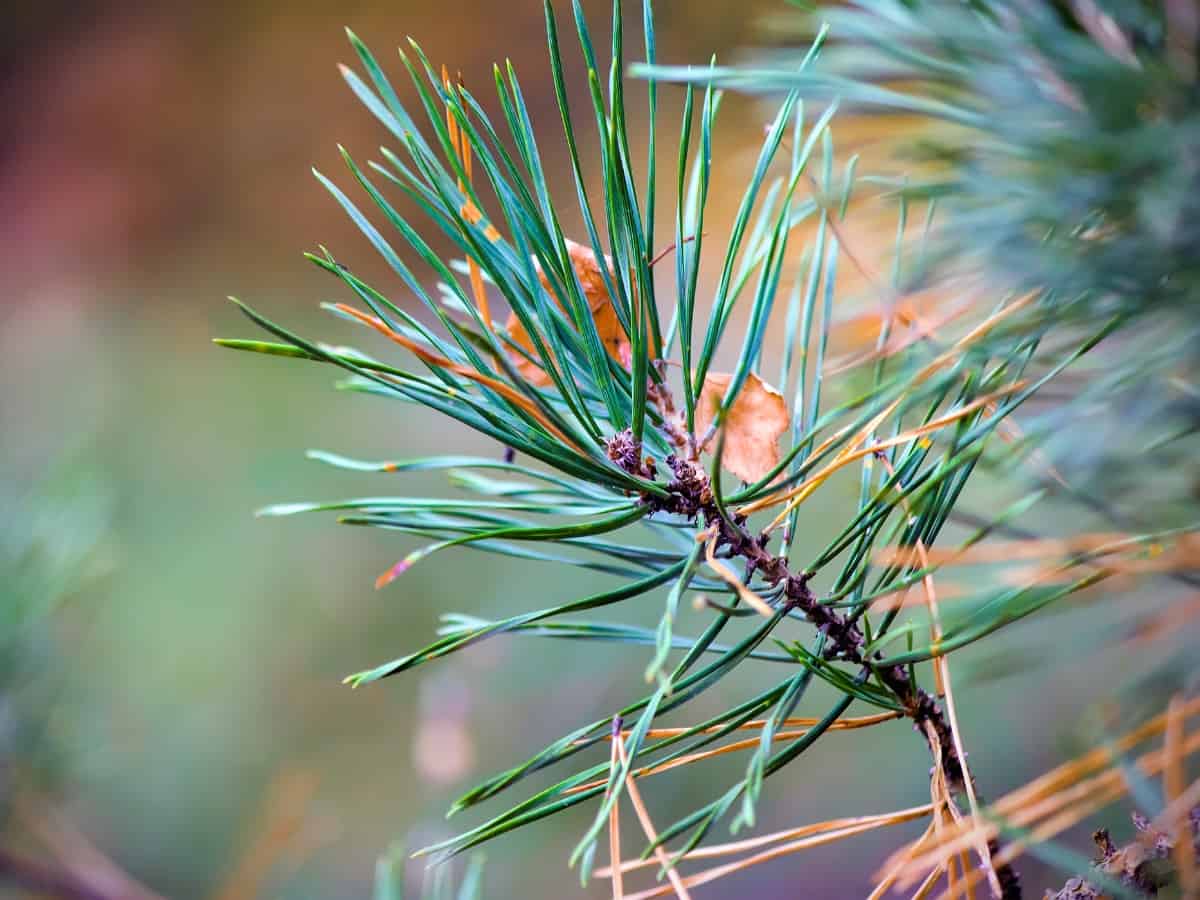
Terpenes and the Entourage Effect
Terpenes are similar to cannabinoids in chemical structure. Some, such as β–Caryophyllene is one of the few non-cannabinoids that is known to activate the cb2 receptor and is a known anti-inflammatory. It is what’s known as a cannabimimetic terpene. In other words it is a terpene that mimics the effects of a cannabinoid.
They also boast their own unique effects and the very presence of terpenes will alter how CBD affects you. For example CBD containing a higher percentage of linalool and/or myrcene will provide a more relaxing effect. On the other hand a CBD product that contains pinene and/or limonene will provide an uplift and perhaps improve focus.
When you use a full spectrum CBD product, the multitude of terpenes and cannabinoids within it combine. This synergistic effect is known as the entourage effect and typically this results in a more effective product and ultimately a better outcome for the user. If you are looking to get the very best effects from CBD opt for a product that contains terpenes. Or better yet go for a full spectrum product with all of the constituents of the hemp plant inside it.
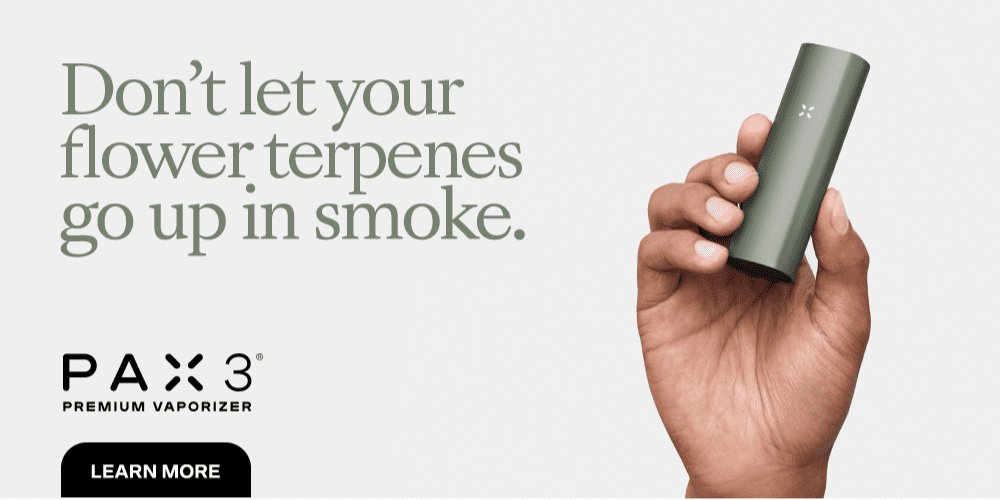
Want to know more about CBD?
If you’ve enjoyed this post on terpenes you may like to read more about the science of CBD. Here are some of our most popular posts in Learning CBD.
- CBD and the Endocannabinoid System: A simple guide
- CBDa vs CBD What is the difference?
- H4CBD – The high strength cannabinoid taking the UK by storm
- Is CBD Psychoactive? Dispelling the Myths
Alternatively check out our other blog categories to learn all about – Using CBD | Buying CBD
Any questions?
We would love to help if you have any questions around this topic. Let us know by dropping us an email or comment on one of our social channels. We will endeavour to get back to you asap but while you wait the answer to your query may lie in our CBD FAQs.
Don’t miss a thing
Stay up to date with all things CBD by following us on Instagram, Twitter, Facebook, LinkedIN or YouTube. Or why not subscribe to our newsletter to receive monthly CBD tips and offers directly to your inbox?
